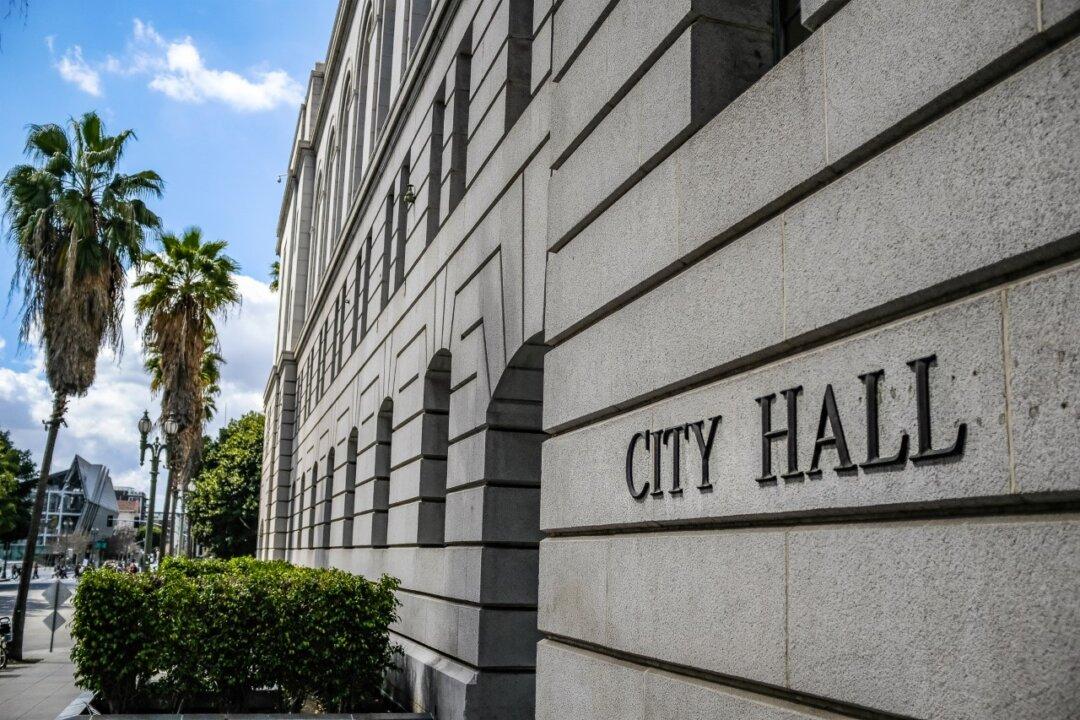LOS ANGELES—The city council voted Jan. 10 to continue a state of emergency on homelessness in Los Angeles, reaffirming Mayor Karen Bass’s first official act last month that gives her the ability to confront the crisis more aggressively.
Since the council approved the emergency last month, Bass has signed directives to streamline the approval of certain affordable housing projects and initiate a program intended to bring residents of encampments indoors.





